Finances
Average Credit Score in the UK: What Is It and How to Improve It?
Uncover the key components shaping creditworthiness and learn practical steps to improve your score!
Advertisement
Unraveling the Mystery of Credit Scores: Average Credit Score in the UK!

In the complex world of personal finance, one metric plays a pivotal role in shaping our financial destinies – the credit score. So, you can learn about the average credit score in the UK to help!
Also, understanding the average credit score in the UK is paramount for anyone looking to navigate the intricate web of financial opportunities and challenges. So, read on!
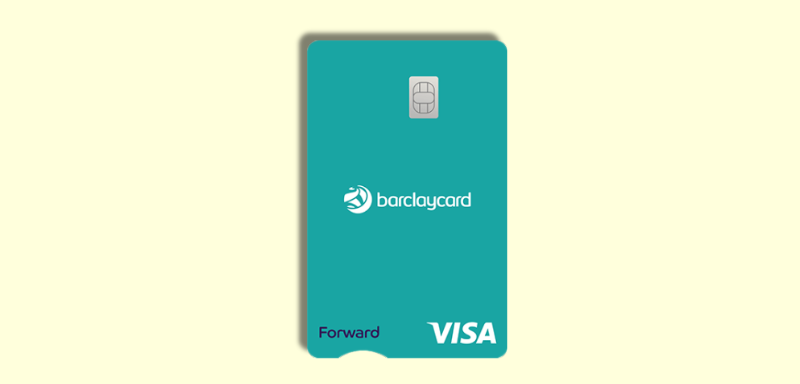
Barclaycard Forward Credit Card Review
Uncover the pros and cons of the Barclaycard Forward Credit Card – from scheduled rate reductions to exclusive event discounts!
What is the average credit score in the UK?
In the United Kingdom, this numerical representation serves as a key indicator of an individual’s creditworthiness, influencing everything from securing a mortgage to obtaining a credit card.
Moreover, the average credit score in the UK is a reflection of an individual’s credit history, financial behaviors, and ability to manage credit responsibly.
Therefore, in this ever-evolving financial landscape, knowledge is power. So, the average credit score in the UK is around 644 on the Equifax scale.
However, a good credit score on the limit of the scale needs to be at least 531, according to Equifax.
What are the different credit score ranges in the UK?

There can be very different rates for the types of credit companies in the UK. Moreover, you need to know that your credit score can change depending on who is analyzing and the criteria.
Therefore, read below a bit about how each of the three main credit bureaus in the UK can read your credit score.
Experian
Experian is the largest CRA in the UK. Their score spans from 0 to 999. A credit score of 721 to 880 is considered acceptable.
Also, a score of 881–960 is considered good. A score of 961–999 is seen to be remarkable.
TransUnion
TransUnion, formerly known as Callcredit, is ranked 0–710 in the UK, making it the second-largest credit reporting agency.
Moreover, a decent credit score is in the range of 566 to 603. So, a credit score of 604-627 is seen as appropriate. A score between 628 and 710 is considered exceptional.
Equifax
Equifax ratings vary from 0 to 700. A range of 380–419 is considered to be reasonable. A score of 420–465 is considered good. Therefore, a score of 466-700 is seen to be remarkable.
How are credit scores calculated?
Credit ratings in the UK range from 0-999 and are based on several characteristics, such as payment history, debt load, and duration of credit history.
Moreover, a credit scoring approach is used to define credit scores. These statistical techniques use data from several sources to determine a person’s credit score.
How can you check your credit score in the UK? Is it free?
You can use the tools from the three major credit bureaus in the UK to check your credit score for free. However, you may not be able to do it very frequently for free.
Usually, to keep checking your credit score, you’ll need to pay monthly fees to the credit bureaus you want to use.
What factors can affect your credit score?

There can be many factors that affect your credit score. For example, payment history, debt, and many others.
Therefore, you can read below to understand the main factors that can affect your average credit score in the UK!
Payment history
More than any other single element, paying off debt on time each month raises your credit ratings, yet even one late payment of more than thirty days may result in a lower score.
Credit History period
Statistics back up the common sense belief that understanding credit accounts will help you manage your debt more skillfully.
Because of this, the longer your credit history is, the higher your credit score will typically be, provided nothing else changes.
New credit
According to statistics, accruing additional debt increases the likelihood of missing payments on current debt.
Therefore, when a lender reviews your credit application, hard inquiry items on your credit report might cause credit scoring algorithms to lower your score a little bit.
What are the consequences of having a low credit score?
It might be harder to obtain approval for a standard credit card, a house loan, or a car loan if you have bad credit. You may need to start with a secured credit card in order to establish your credit.
Furthermore, there’s a good probability the loan you approve may have an interest rate that is greater.
Moreover, those with lower credit scores could have to pay more for house and vehicle insurance.
One important factor to consider as well is that before making an employment offer, companies could also do a credit check on you.
Also, this can happen especially if you’re searching for a managerial or finance position.
How long does it take to improve your credit score?

You may need to give it some time to raise your credit score. For instance, it might take a few weeks for your credit report to be updated.
Moreover, it can take several months for new accounts to open before your credit score starts to rise.
So, for a duration of six years, information concerning late payments may also be put on your credit report.
3 steps to improve your credit score
There are some important things that you need to do to improve your credit score. So, read below for the main steps to help you build your credit score!
Make on-time payments
Paying off your obligations in whole and on schedule each month is one of the finest methods to show lenders that you are a trustworthy borrower and capable of handling credit responsibly.
Older accounts will generally improve your score; nevertheless, be cautious to investigate the potential repercussions of unused credit cards.
Check your credit report
Check the information that TransUnion, Equifax, and Experian—the three major credit reporting agencies—have on file.
If you make any mistakes, you must fix them right away to avoid having them negatively impact your credit score or your future ability to qualify for credit.
Use a credit-building card
A credit builder card might be helpful in repairing your credit score if you wish to raise your credit rating.
Moreover, they frequently have minimal spending caps and hefty interest rates.
So, after you obtain your first credit card, there may be a brief decline in your credit score.
However, you could gradually raise your score if you use it appropriately.
A credit card can help you build credit: Meet the Capital One Classic
Now that you’ve learned more about how your credit score is calculated and how it works, we can give you more tips!
So, as we mentioned, you can build your credit score by using credit cards. However, you’ll need a good credit card for this.
Therefore, you can read our blog post below to learn all about the Capital One Classic Credit Card! This card can help you build credit while spending and getting other perks. So, read on!
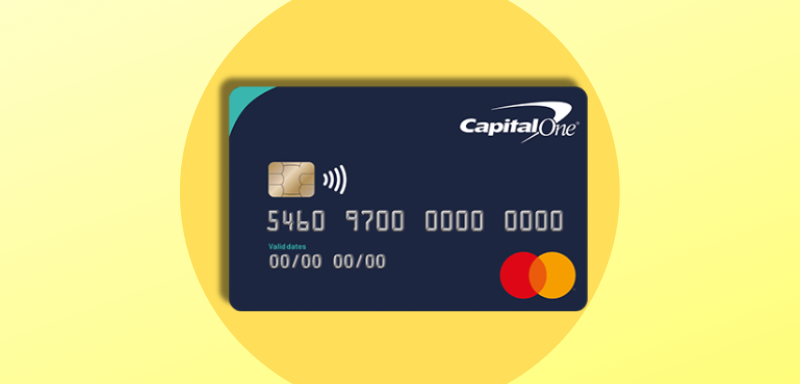
Capital One Classic Credit Card: how to apply
Apply for the Capital One Classic Credit Card and re-establish your credit! This post will tell you how to do it. Up to £1500 credit limit.
Trending Topics
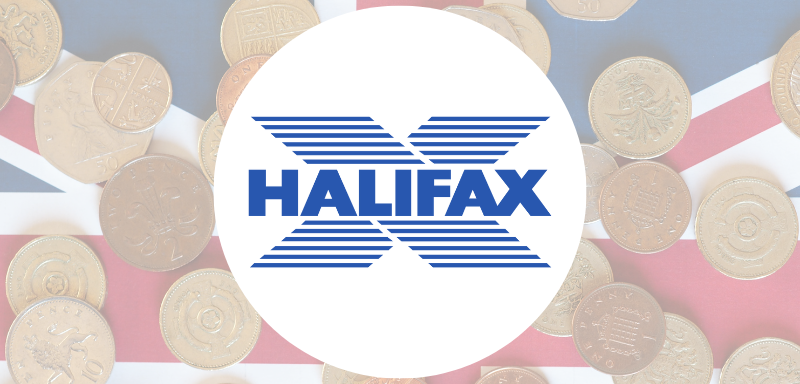
Halifax Personal Loan Review: turn plans into reality!
Hey dreamer! Ready to make those big dreams a reality? The Halifax Personal Loan has got your back! Find out all about it here!
Keep Reading
Santander Personal Loan Review: Up to £25,000!
Are you considering a Santander Personal Loan? Find out in our review how you can get up to £25,000 and flexible repayment terms!
Keep Reading
HSBC Classic Credit Card review: discount program!
Find out all about the HSBC Classic Credit Card's features, usability, and benefits in our review. Click here to learn more!
Keep ReadingYou may also like
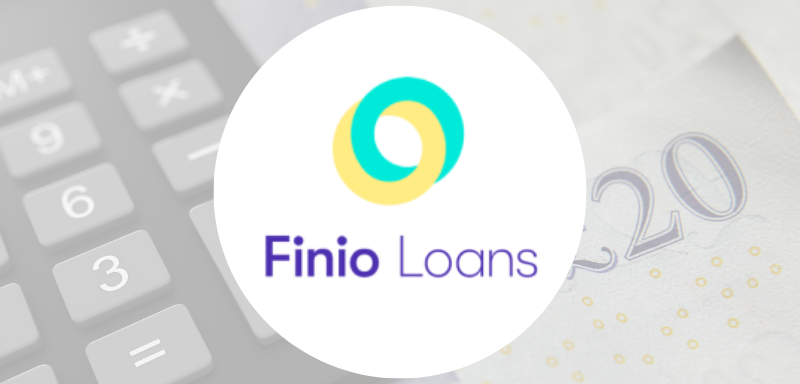
Finio Loans Review: Get a loan approved in minutes!
With Finio Loans, you get funds fast without the hassle. No hidden fees, flexible terms, and APRs starting at 39.9%. Read our in-depth review!
Keep Reading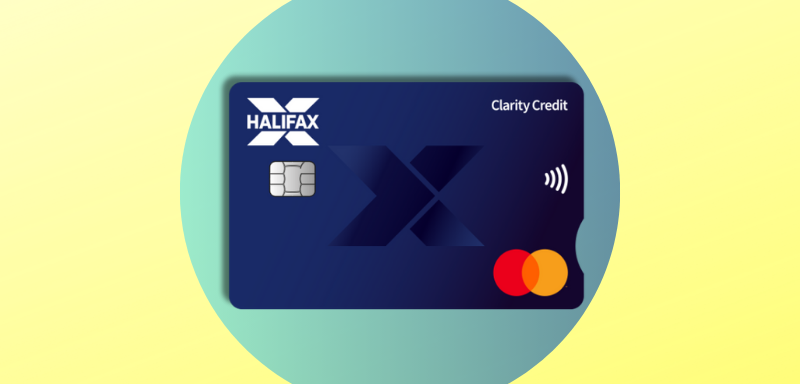
Halifax Clarity Credit Card review: Travel credit card!
Unravel the perks of the Halifax Clarity Credit Card - the ultimate companion for international travelers!
Keep Reading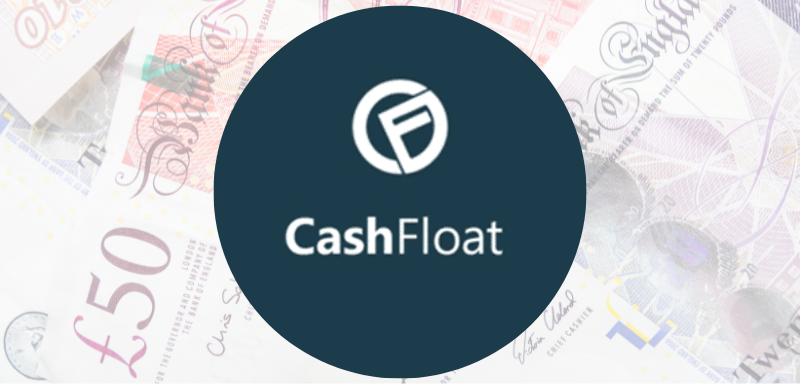
CashFloat Loans Review: Fast Cash When You Need It Most
Get fast loans with CashFloat—flexible terms, low credit acceptance, and no guarantor needed. Perfect for emergencies!
Keep Reading